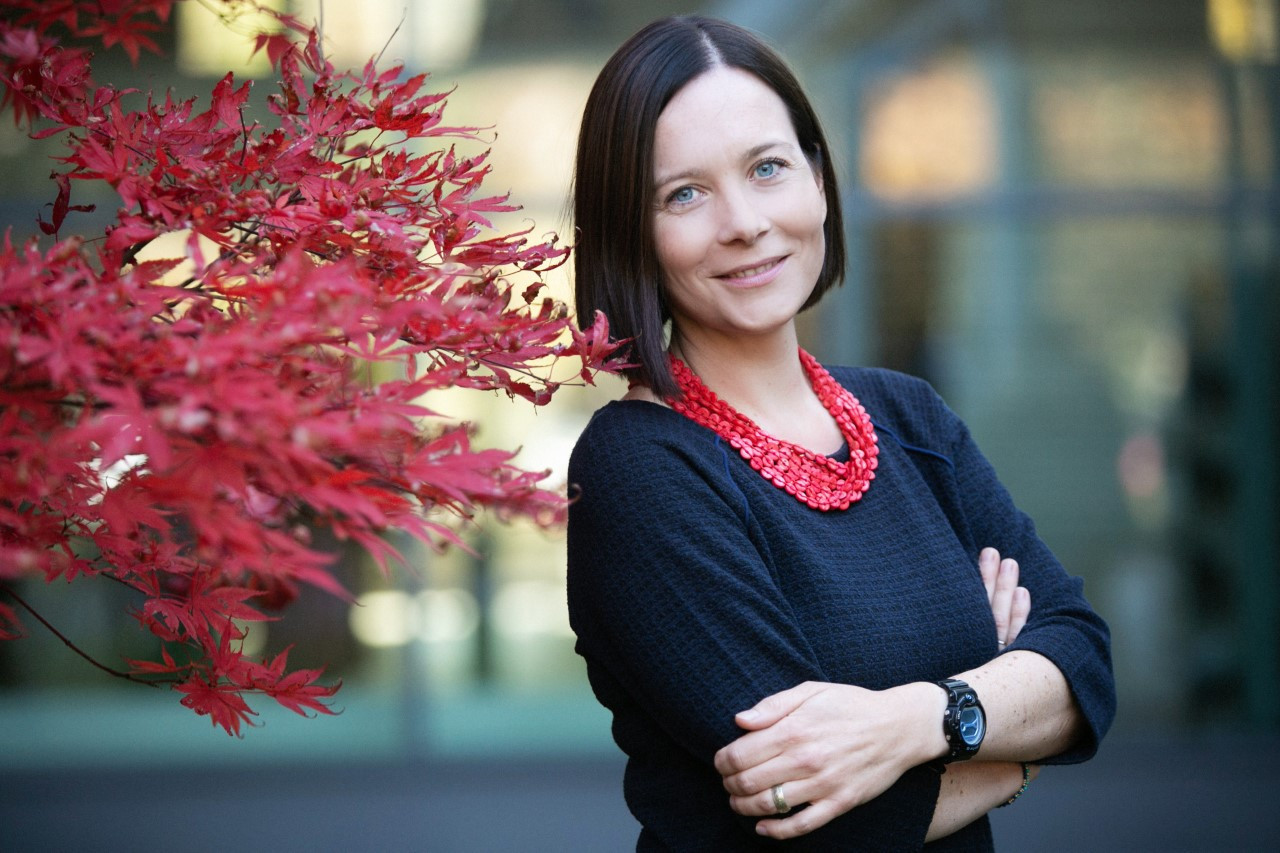
For our weekly “Ideas on Europe” editorial by UACES, the University Association for European Studies, we have the pleasure to welcome again Natasza Styczyńska, from the Jagiellonian University in Krakow. Bonjour, Natasza !
France is not the country with important elections in April. We already spoke about Hungary, today, you want us to have a closer look at Serbia.
Yes, Serbia. The only democratic European country that did not join any sanctions imposed on Russia. On the contrary, both public opinion and political discourse are dominated by anti-NATO and pro-Kremlin rhetoric. Looking at the headlines one may get the impression that Russia is just defending itself and that Serbia is also under possible attack, with President Vucic speaking about the danger of hybrid war against Serbia.
True, Serbia did not join the sanctions, but they did back the United Nations’ resolution condemning the Russian attack on Ukraine. Isn’t this contradictory ?
What seems to be a cacophony of voices can be explained by analysing several factors.
Of course, upcoming elections are always an important variable. It was recently announced that presidential, parliamentary and Belgrade municipal elections are all scheduled for Sunday, 3rd of April. If the coalition led by the Serbian Progressive Party (SNS) wants to keep the majority, they need to fight for every vote, from the radical nationalists to the moderate, utilitarian-driven electorate. Even so, in my opinion, elections are not the main issue that explains the current attitude of Serbia on the war in Ukraine.
So what are other factors that make Belgrade meander between the EU and Russia ?
First, the fact that the energy sector is dependent on Russia. Since 2008 the Russian state-owned company Gazprom possesses majority shares in “NIS”, Serbia’s national oil and gas company. The sale was a political deal, made below market price, in return for Russia’s stance on Kosovo (especially at the UN level) and the promise that the South Stream pipeline planned by Moscow would go over Serbian territory.
Second is a strong anti-NATO sentiment and a politicized memory of the 1999 NATO intervention in Yugoslavia and the sanctions imposed by the West. Although the background of the current war in Ukraine is different, there is widespread understanding in Serbian society of the Russian fear of NATO’s expansion. We could observe how strong these sentiments are on the 4th of March when thousands of Serbs marched in the centre of Belgrade to demonstrate support for Moscow, while at the same time in most of the big European cities demonstration of solidarity with Ukraine were organised and anti-war protests even appeared in Russia. There was an anti-war and predominantly pro-Ukrainian demonstration in Serbia on the 6th of March, but it was attended by a fewer amount of people and only one opposition party.
Which brings me to the third factor: populist identity politics used by the ruling party to satisfy the bigger part of the electorate. The notion of Slavic and Orthodox brotherhood between Serbs and Russians is well-rooted and has been utilized by most of the political elite since the assassination, in 2003, of the first-ever democratically elected Prime Minister Zoran Djindjic.
Would you say that nationalist rhetoric is on the rise again in Serbia ?
Definitely, including the glorification of war criminal Ratko Mladic who is serving a life sentence in The Hague for the Srebrenica genocide.
The SNS coalition is turning a blind eye on these tendencies, hoping to gain another few per cent of votes by supplying the nationalists with anti-western activities (such as preserving the Mladic mural in the city centre of Belgrade). This is also connected to the lack of any self-reflection on Serbia’s responsibility in the violent Yugoslav wars: all the war criminals that served their sentences in The Hague and returned to Serbia are seen as heroes.
And what role does the Kosovo issue play ?
As you know, Kosovo unilaterally declared independence in 2008. This independence has been recognised by the US, 22 EU member states, and more than half of the UN member states.
Nevertheless, Serbia claims Kosovo to be not only part of its sovereign territory but even the symbolic “soul” of Serbia’s history. Russia does not recognise the independence of Kosovo, and as a permanent member of the UN Security Council can block Kosovo from joining the UN or other international organisations.
As long as Russia will remain a Belgrade ally, the status of Kosovo will not be solved despite the attempts of normalisation of relations (such as the so-called Brussels agreement of 2013 or the Washington economic deal facilitated in 2020 by US President Donald Trump).
Consequently, anti-western attitudes go hand in hand with the denial of the independence of Kosovo and are strengthening the Slavic/orthodox brotherhood rhetoric.
Belgrade’s foreign policy for the last 20 years was aimed at balancing between EU membership and maintaining close ties to China and Russia. But in the long-term perspective, you can’t eat your cake and have it too. The current ambiguity on the war in Ukraine may lead to a marginalisation in the process of accession to the European Union, leaving doors open for other, non-western influence. It will not only slow down pro-democratic reforms in Serbia, but also have negative consequences for Europe as a whole, due to the Serbian geopolitical position.
There is an opposition to the pro-Russian, nationalist discourse, but it appears weak and fragmented. The result of the upcoming elections will give us an idea where Serbia is heading. One way or another, meandering between big powers is always a risky game.
Many thanks, Natasza, for putting the Serbian elections on our radar.
“Ideas on Europe” will be back next week, and we will welcome Helen Drake, from Loughborough University, in the UK.





